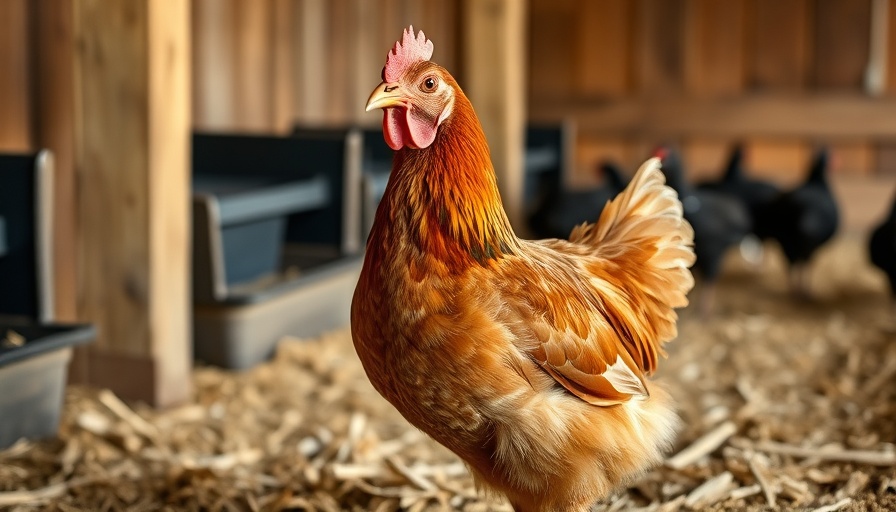
Understanding Respiratory Infections in Chickens
Raising backyard chickens is a fulfilling endeavor for many poultry enthusiasts, providing the joy of collecting fresh eggs and bonding with the flock. Nevertheless, the reality of respiratory infections poses a significant health threat to these beloved birds. Such infections can arise from various causes, including viruses, bacteria, and environmental factors. As caretakers, not only is it crucial to identify the symptoms, but understanding the implications of these ailments is equally vital for ensuring the welfare and productivity of the flock.
Symptoms to Watch For
Key indicators of respiratory infections in chickens include coughing, nasal discharge, sneezing, and difficulty breathing. If left untreated, these symptoms can worsen and potentially lead to severe health complications or loss within the flock. Vigilance is essential; managers and caretakers must be adept at recognizing these signs early to implement effective treatment protocols.
Effective Treatment Strategies
For effective management of respiratory infections, it’s recommended to begin with isolation of the affected birds to prevent contagion. Treatments may vary — from administering antibiotics for bacterial infections to supportive care that improves the chicken's immune response. Make sure to consult with a veterinarian to tailor the approach to individual flock needs. Maintaining a clean and well-ventilated environment can significantly reduce the risk of infections and promote overall health in chickens.
Proactive Measures for Prevention
Prevention is always better than treatment. Introducing biosecurity measures can help safeguard your flock's health. This includes minimizing visitors to the coop, ensuring proper nutrition, and regularly monitoring the health status of your birds. Implementing vaccination rounds for preventable diseases is also advisable. Such proactive measures not only improve the well-being of your chickens but also enhance productivity, ensuring that they continue to thrive as valuable assets to your operation.
Conclusion: Ensure the Health of Your Flock
In summary, understanding how to treat and prevent respiratory infections in chickens is vital for anyone involved in poultry management. Ensuring your flock remains healthy is an investment in both their welfare and your productivity as a poultry operator. Don't hesitate to seek professional advice when uncertain about the best approach to take. Prioritize your chickens' health to foster a flourishing operation.
 Add Row
Add Row  Add Element
Add Element 



 Add Row
Add Row  Add
Add 
Write A Comment